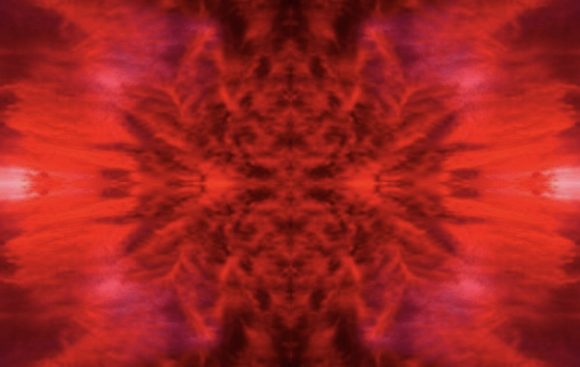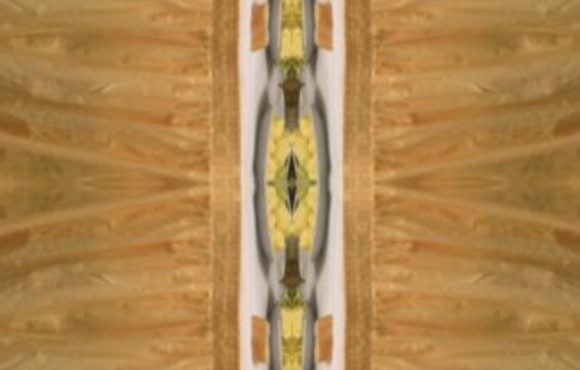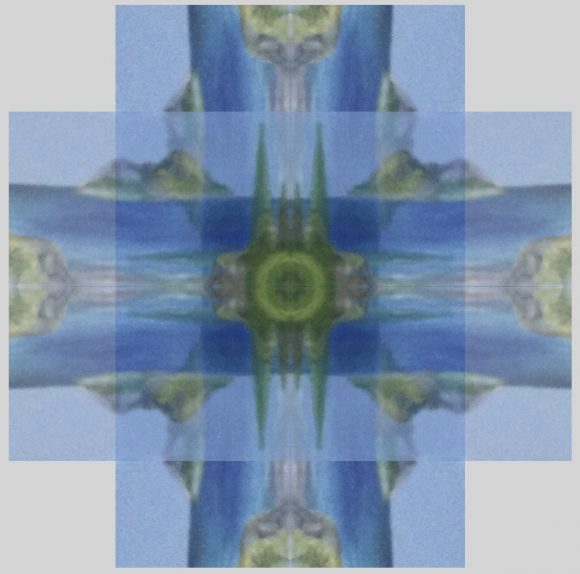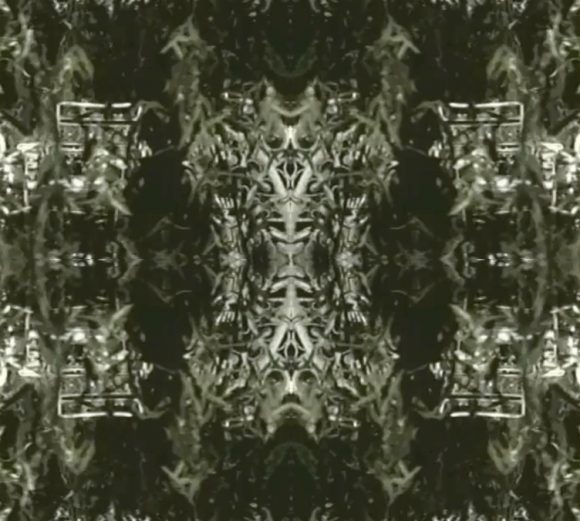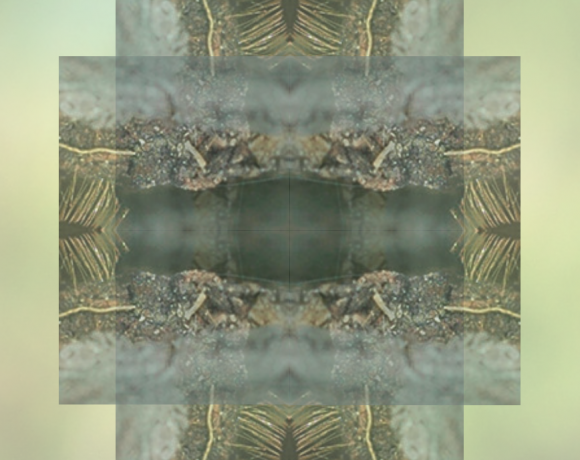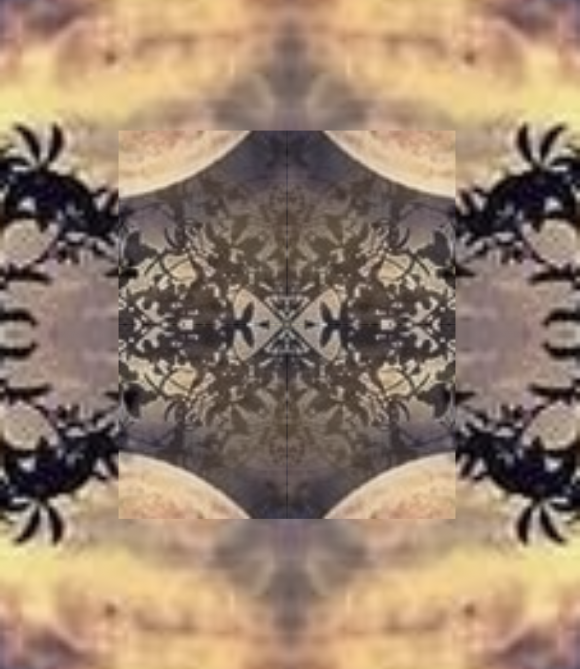
I did a poor job, in two of my earlier posts (here and here), of explaining what I meant by the formulation “unreal time” in their titles. I meant it, of course, as an explication of something Durrell has his narrator say. But I should have made the connection clearer. 1. When Durrell’s narrator refers to time as something that characterizes the life of people in the city, he calls it calendar...
